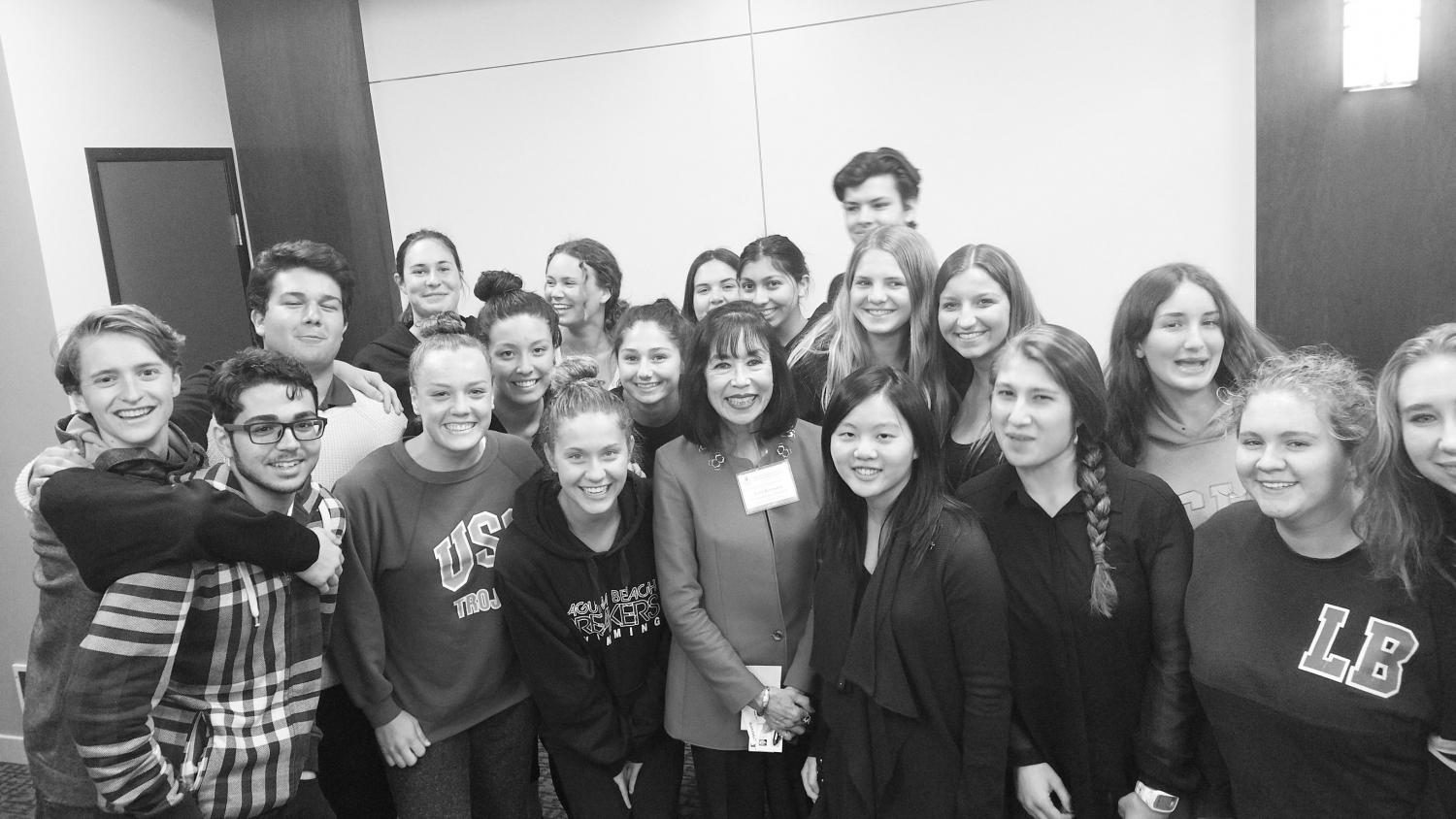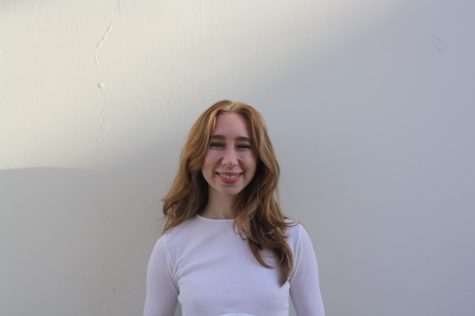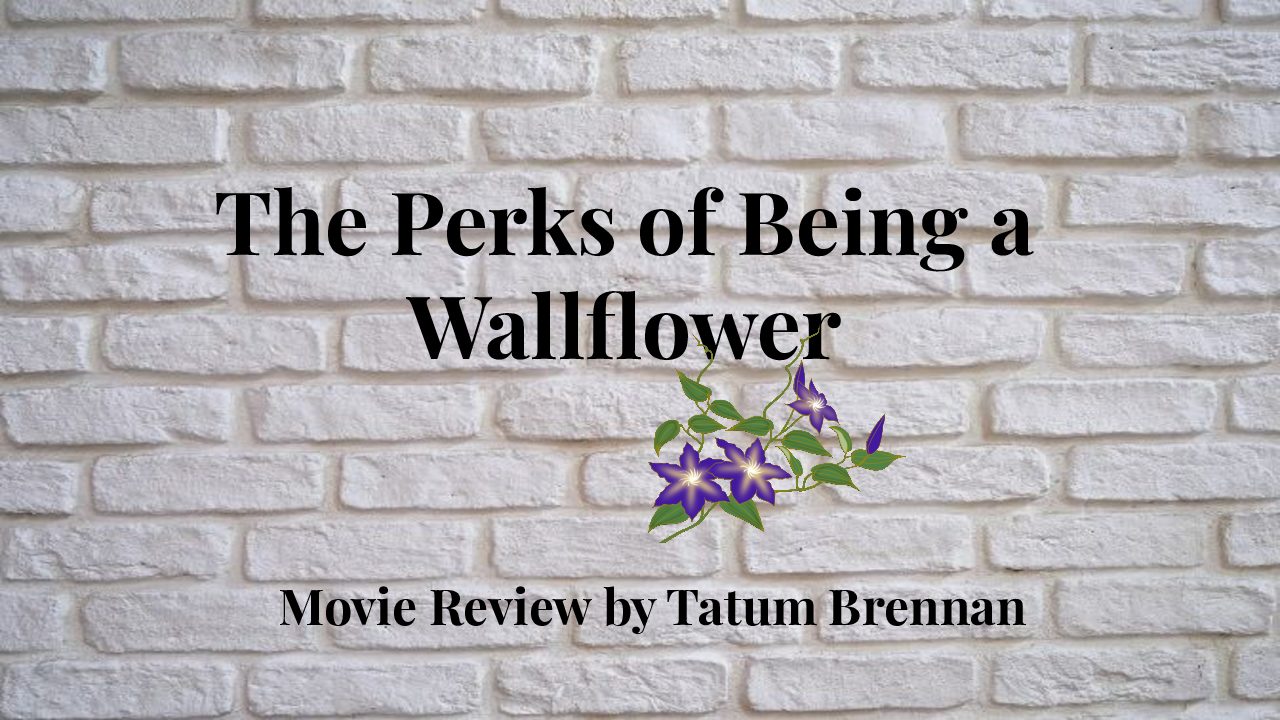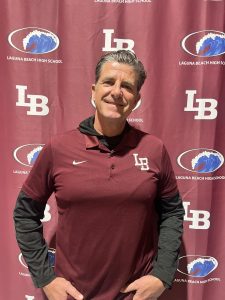AP students interpret Japanese internment
APUSH students gather with Karen Korematsu after the presentation. Students were encouraged to enter the competition for personal experience and the chance to learn more about democracy, the legal system and the reality about Japanese internment.
May 4, 2017
This year, LBHS welcomed a new opportunity for students: a contest revolving around the history of Japanese Internment Camps. The contest was called the 9th Circuit Federal Court: Annual Civics Contest. This contest allowed students to express how they feel about the injustices suffered by Japanese Americans during World War II. Students researched three cases: Korematsu v. The United States, Hirabayashi v. United States, and Ex parte Mitsuye Endo. Then these cases were analyzed and determined of how they are relevant in today’s world in regard to politics and the justification of today’s issue of terrorism. As the nation confronts the task of protecting its people from dangers, the issues of these cases and race-based legislation are increasingly relevant. This contest asked students if the past is repeating itself and how it relates to desegregation and the development of Japanese Internment Camps in the 1940s.
“It was a really interesting to go back in time and explore the subject of Japanese Internment instead of just lightly skimming the subject in school,” said junior Spencer Finkbeiner.
Students entered the contest by making a video or writing an essay. If they place first, students will be granted $2,000 and receive a paid trip to San Francisco; in addition, they will attend the 2017 Ninth Circuit Judicial Conference, where they will meet a current supreme court justice.
Additionally, Fred Korematsu’s daughter Karen Korematsu spoke at the Whittier Law School in Costa Mesa to talk about the issue and her father’s experiences.
“I like how it talked about Korematsu’s life, not just the court case, but that he had a family and life like any other American,” said junior Sydney Huang.
Karen learned of her father’s story in high school during a presentation given by another student. After she asked her father about the event, she could see trauma in his expression, which explained why the issue was quiet in her house. Years later, she traveled with her father to his speaking events as he shared the amount of suffering many Japanese Americans experienced during this horrific time in history. Her father was a great spokesperson for the cause, and Karen learned how to speak alongside her father. After Fred Korematsu died, she almost stopped speaking at different universities, but many individuals encouraged her that she was fit for the job of informing others about this significant time in history.
“The presentation that was delivered by Karen Korematsu touched my heart. Hearing about this awful time in history reminds our country to strive towards greatness, and not repetition,” said junior Maxwel Blanchard.
Karen later founded the Korematsu Non-Profit Institute. She travels to various events and law schools today, speaking about her father and the relevance of his case to today’s issues.
“This contest is an excellent opportunity for LBHS students to make the history they learn in a classroom relevant to the world we live in today, which is the beauty of the study of history,” said AP history teacher Kristin Cowles.







